Despite appearances, you don’t get access to Ifrit, the Eikon of Final Fantasy XVI’s main character Clive, until about ten hours into the campaign, and don’t expect the game to just give him to you. Like everything worth having in the world of Valisthea, if you want to use Ifrit, you’ll have to fight for him. Or, more accurately, just fight him. It’s not an easy fight either, having one of the longest total runtimes in my playthrough up to that point and testing me more than any other encounter I’d experienced. Here’s how to beat it.
Related: Final Fantasy 16: How to Upgrade Eikon Weapons
How to Beat Ifrit in Final Fantasy XVI

You’ll earn the right to fight Ifrit for his power about ten hours into Final Fantasy XVI’s campaign when Clive and Jill return to Rosaria to face the past both fled from for one reason or another. You’ll first need to fight through a longer dungeon beneath the ruined Phoenix Gate keep, and when you reach the Apodytry with the large mural, Clive will enter a version of his personal hell to face the guilt he’s carried for thirteen years.
The first part of the three-phase battle to unlock Ifrit pits Clive against his Eikon, and while it’s not the easiest part of the encounter, it’s also not the hardest. Ifrit (called the Infernal Eikon in this boss fight) moves slowly, and his attacks are easy to see coming, especially as what he’s going to do is telegraphed in writing on the screen. That doesn’t mean they don’t deal a mountain of damage (they do) or that the timing and means to avoid them aren’t particularly specific (they are).
All Infernal Eikon Attacks
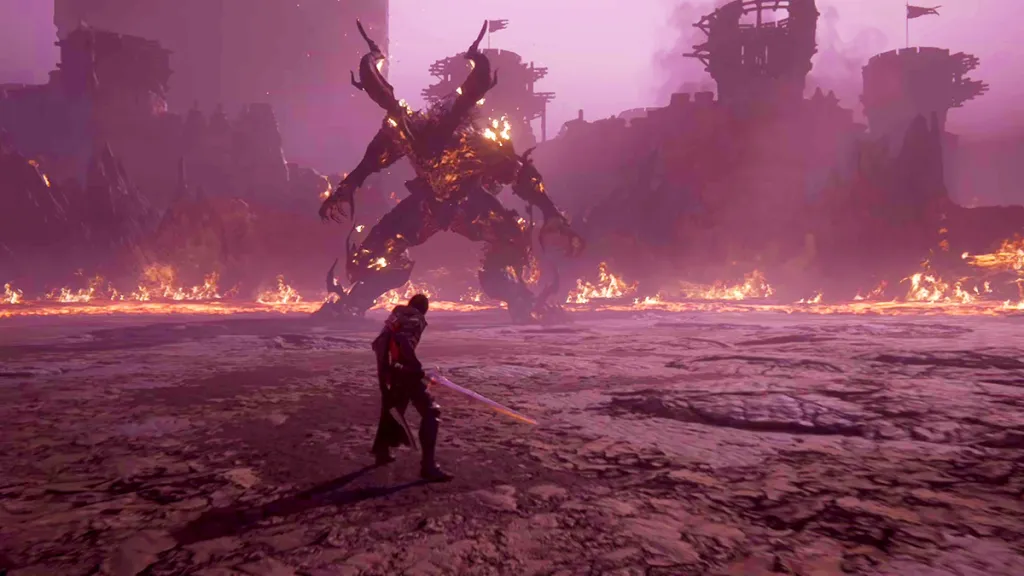
- Claw Attack. If you’re in front of Ifrit, he has a chance to claw at the ground in front of him, leaving behind a small patch of fire.
- Crimson Rush. Ifrit winds up for several seconds, then charges across the arena in a straight line. Avoid the attack by running perpendicular to where he’s facing during the windup.
- Fireball Throw. Ifrit gathers a bit of fire in his hands, then throws five fireballs in an arc toward you.
- Stomp. If you stick around Ifrit’s feat too long, he’ll try to squish you with a fiery stomp that comes with a small AoE. You can precision dodge this for extra damage or get out from under him to avoid the area entirely.
- Scorched Earth. Ifrit punches the ground, and a line of explosive fire emanates in a line directly in front of him. As a ranged attack, he is unlikely to use this up close, but the wave of fire travels almost instantly, so dodge or run perpendicular to Ifrit to avoid it.
- Tail Swipe. Ifrit slaps the 180-degree area behind him with his burning tail. If you’re in that area, your best bet is to do a precision dodge, use Garuda’s counter, or book it to the boss’s front side.
- Vulcan Burst. Ifrit’s mini-nuke attack, he puts all four limbs on the ground and begins charging power, exploding in a large area after about five seconds. You can counter the attack with Garuda or Precision dodge through it, but unless you have the timing down, better to back away. Ifrit has to recover for a few seconds, giving you time for damage on his head.
The Ifrit (Infernal Eikon) has more than 100,000 HP, so expect to spend at least a few minutes wailing on him before he falls. Remember that when you remove half of his Will bar, you can use Garuda’s ranged grab to stagger Ifrit further, giving you another five seconds of free damage.
Once you take down Ifrit, the real fight begins. A shadow of Clive appears in Ifrit’s place, and he’s faster, more aggressive, and more agile than the Eiko could ever be. Called the Infernal Shadow, this part of the boss encounter has two sub-phases, with you fighting a basic Clive-clone for the first fourth of his health bar and then a buffed version for the next half. I almost lost this part of the fight and had no healing items left by its end.
All Infernal Shadow Attacks
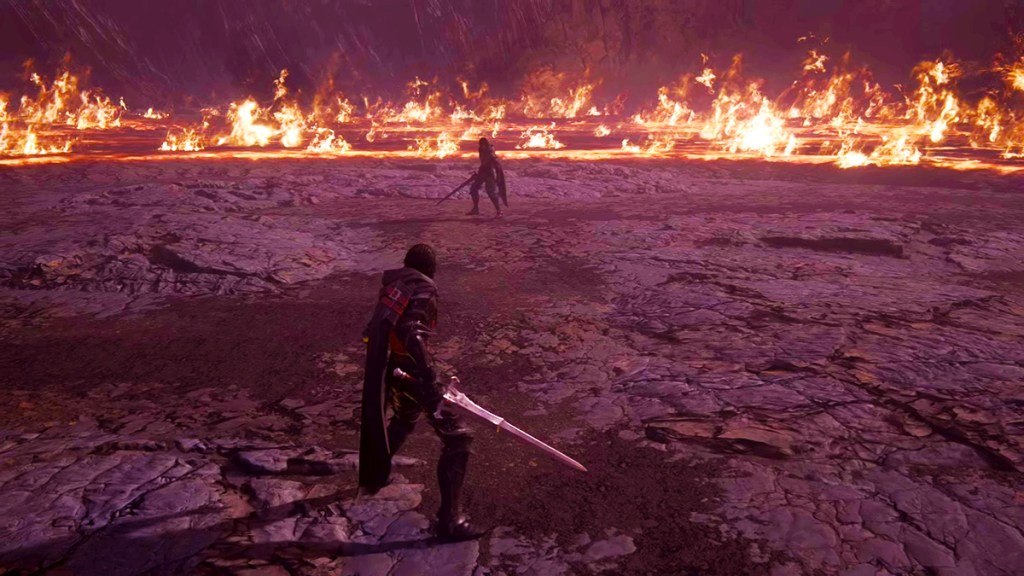
- Fira. The Shadow throws a large fireball directly in front of him. It travels slowly in a straight line, but deals heavy damage if it hits.
- Lunging Slash. This unnamed attack is a simple lunge forward that ends in a slash. It’s slow and easy to dodge but doesn’t do a ton of damage if it lands. Using a successful Precision Dodge on this attack leaves the Shadow vulnerable for a couple seconds.
- Molten Thrust. The Shadow charges fire on its sword and lunges much farther than the lunging slash, dealing much heavier damage and sending Clive flying if it hits.
- Three Fireball Throw. The Shadow tosses three small fireballs that track your location. Dodging into them is a fairly consistent way to avoid them, as is Precision Dodge.
After you reduce the Infernal Shadow’s health by one-fourth, it transitions into a semi-prime mode, cloaked in Ifrit’s energy. Now it not only deals more damage, but also gains more attacks and becomes even more aggressive.
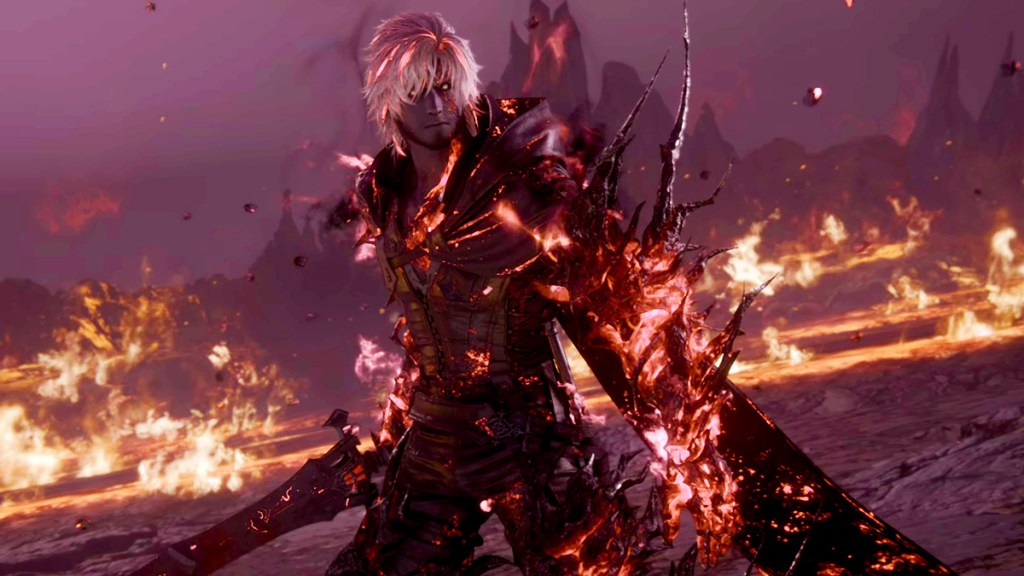
- Crimson Rush. One of Ifrit’s attacks from that portion of the fight, the Shadow’s version has a much faster windup but is otherwise the same in principle.
- Double Fira. The Shadow throws one Fira your direction, then teleports and throws a second one.
- Eruption. The Shadow conjures a field underneath Clive that explodes after about two seconds. You have plenty of time to get out of the field, but the Shadow is liable to queue up another attack while you do so.
- Hammer and Anvil. The Shadow jumps into the sky, charges its hands with fire, and slams into the ground in a large blast that deals heavy damage and sends Clive flying if it hits. The attack doesn’t have much recovery either, so the Shadow can follow up with anything in its repertoire.
- Hellfire. The Shadow makes use of Ifrit’s trademark attack, filling the arena with pillars of fire for about ten seconds before conjuring a huge pillar atop itself that persists for five seconds.
- Incinerate. The Shadow creates an arc on the ground in front of it, which explodes after two seconds. If you can get behind the boss, the attack has a long recovery, leaving plenty of time for damage.
- Six Fireball Throw. This attack is functionally the same as the three fireballs from the first phase, but the Shadow throws six fireballs at you.
- Six Slash Combo. The Shadow does one of Clive’s basic combos, but it’s empowered by fire. If any one part of the combo connects, expect to take the rest of the hits.
When the Shadow reaches one-fourth of its remaining health, Clive enters Limit Break, gaining extra damage and a constant heal-over-time. The Shadow doesn’t gain any new attacks at this point, so the same strategies apply. Use your Eikon abilities, dodge whenever possible, and take advantage of every opening. At about 10% health, the final phase of this fight starts, and it’s far more cinematic than it is difficult.
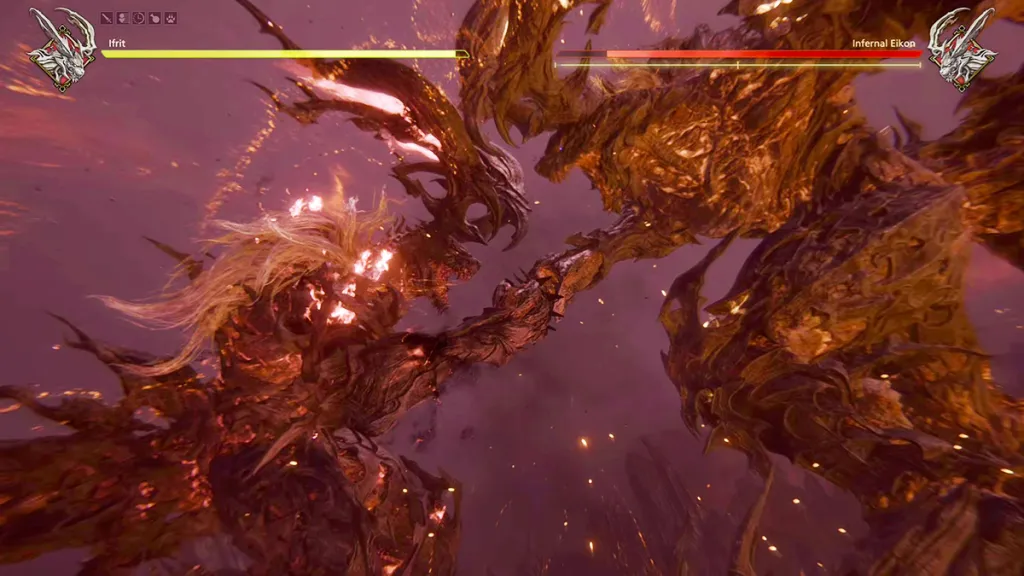
You’re facing the Infernal Eikon once more, but this time Clive takes up Ifrit’s mantle. However, rather than having a true Eikon battle, you simply need to succeed at three Cinematic Clashes (mashing the Square button), and the fight is yours.


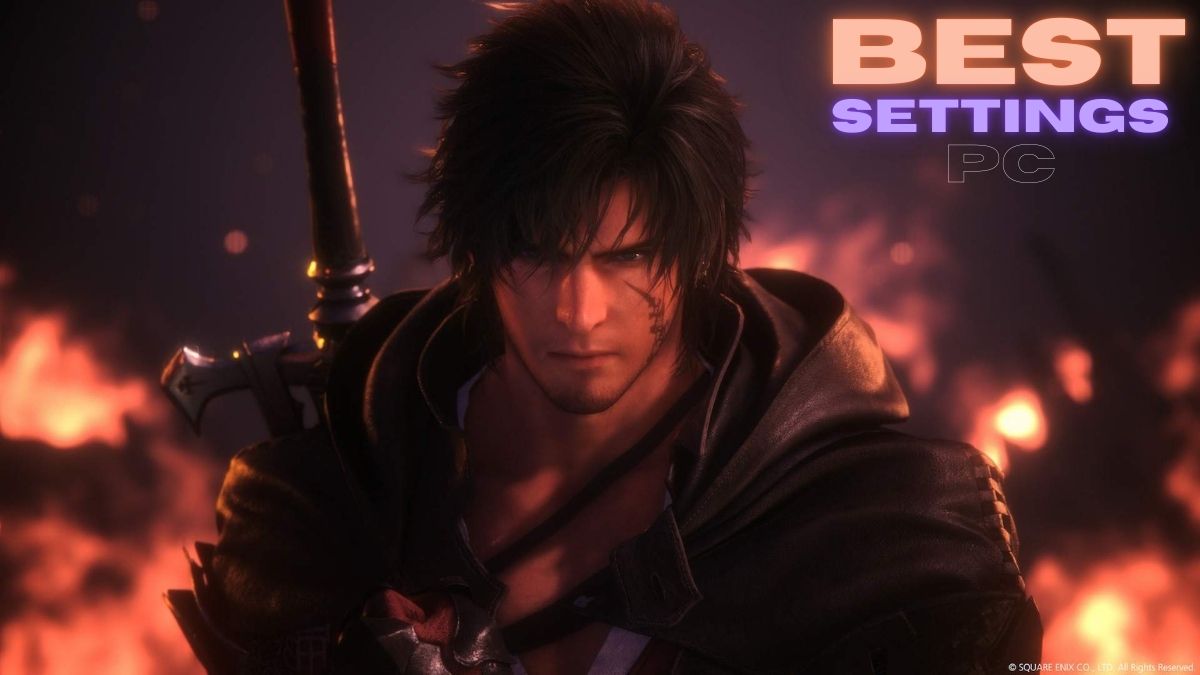

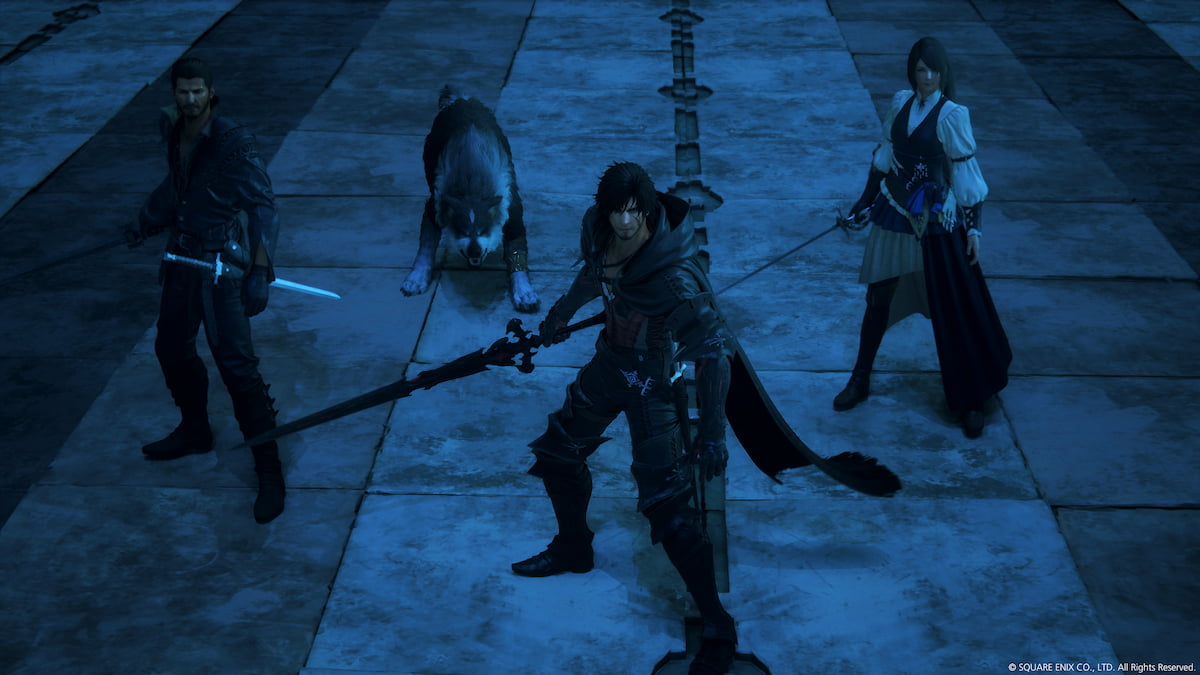

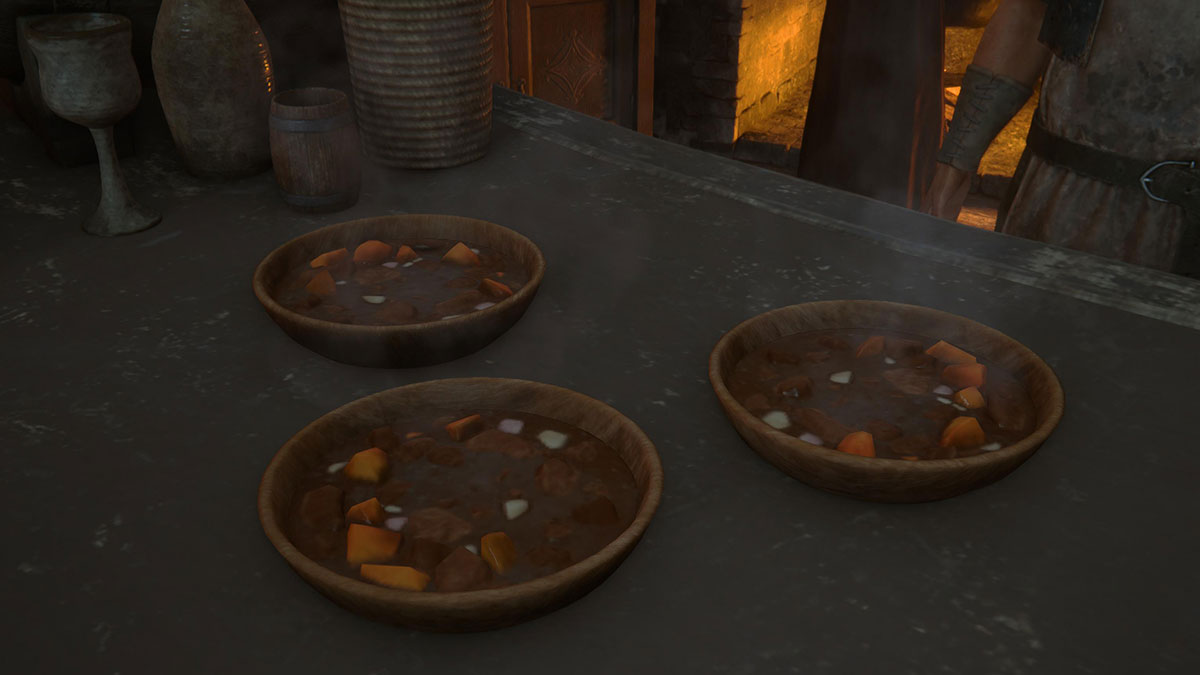
Published: Jun 23, 2023 11:57 pm